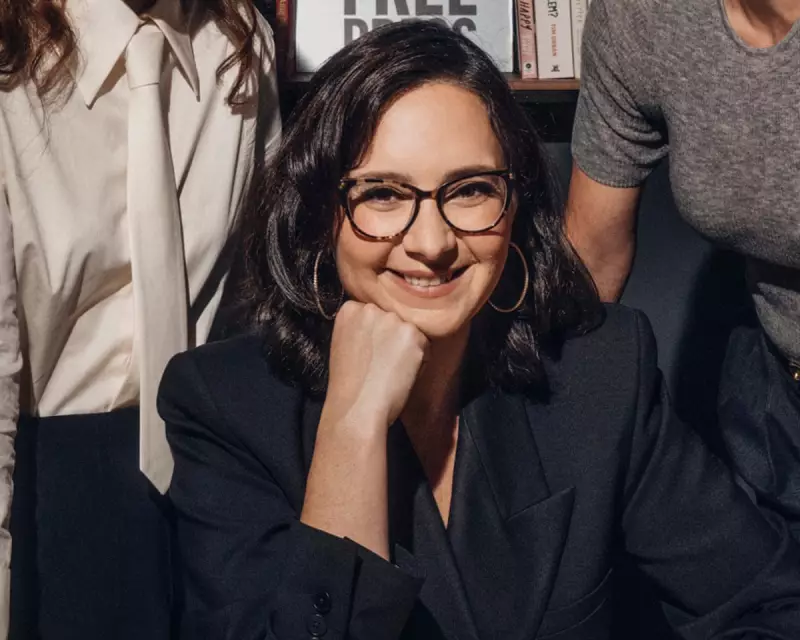
The media landscape is once again grappling with questions of ideological conformity and free expression following Bari Weiss's sudden exit from CBS News. The controversial journalist's tenure at the network proved remarkably brief - lasting just a single televised interview.
A Partnership Cut Short
Weiss, known for her outspoken views on campus culture wars and what she terms 'illiberal liberalism', joined CBS with considerable fanfare. Her appointment was seen by many as an attempt by the mainstream network to incorporate more diverse political perspectives into its programming.
However, the collaboration unravelled almost immediately after her debut interview aired. While CBS has remained tight-lipped about the specific reasons for the separation, insiders suggest the network faced significant internal and external pressure following Weiss's first appearance.
The Backlash Phenomenon
This incident highlights a growing pattern in contemporary media where journalists with unorthodox or right-leaning perspectives face intense scrutiny and backlash. Weiss's experience mirrors her much-publicised departure from The New York Times, where she claimed she was bullied by colleagues for expressing non-conformist views.
The rapid termination raises uncomfortable questions about whether mainstream media outlets genuinely want diverse viewpoints or merely seek the appearance of ideological variety without the substantive debate.
Broader Implications for Media Diversity
Weiss's abbreviated stint at CBS speaks to several critical issues facing modern journalism:
- The challenge of hosting genuinely diverse political discourse in increasingly polarised times
- The power of internal and external pressure to shape editorial decisions
- The gap between rhetorical commitment to viewpoint diversity and practical implementation
- The professional risks for journalists who deviate from established narratives
A Symptom of Wider Media Malaise
This incident transcends the particulars of one journalist's career trajectory. It serves as a case study in the ongoing struggle within news organisations to balance ideological consistency with genuine intellectual diversity.
As media outlets compete for audience trust in an increasingly sceptical climate, the Weiss-CBS saga demonstrates how difficult it can be to bridge ideological divides within traditional media structures. The episode leaves both supporters and critics questioning whether mainstream journalism has the capacity to host the robust, uncomfortable conversations it often claims to champion.
What remains clear is that the debate over what constitutes acceptable discourse in public media is far from settled, and the Weiss departure will likely fuel ongoing conversations about censorship, conformity and the true meaning of media diversity.





